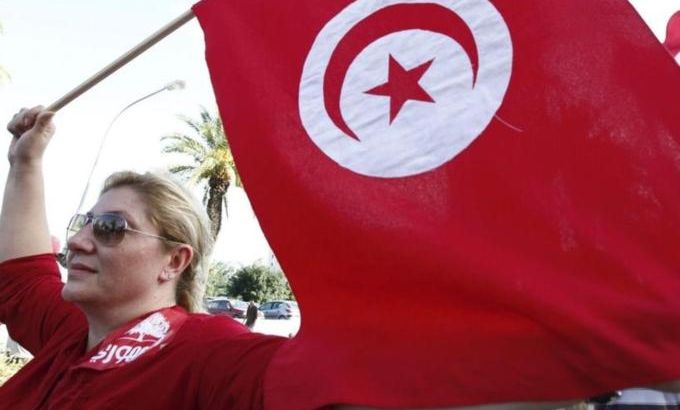
Tunisia at a crossroads
How will Prime Minister Jebali’s resignation affect the country’s transition to democracy?
Tunisia’s Prime Minister, Hamadi Jebali, resigned on Tuesday after his attempt to end a political stand-off by forming a government of technocrats failed. His resignation has left the country without a functioning government.
|
“A technocratic government would lack the ability and effectiveness, because it would lack the support of the major political parties and blocs in the elected constituent assembly and many Tunisians believe that it lacks accountability.” – Yusra Ghannouchi, a spokesperson for Ennahda party |
Jebali proposed forming a cabinet of apolitical technocrats to restore calm and take Tunisia onwards to elections – after the assassination of opposition leader Chokri Belaid on February 6. Belaid’s death led to demonstrations across the country as protesters demanded political reform.
But his own party, Ennahda, rejected his plan to replace the current government. The political strife threatens Tunisia’s constitutional draft, of which a consensus is required before the next elections take place.
Tunisians are growing increasingly frustrated with their leaders, and the political crisis has hampered efforts to revitalise an economy still struggling more than two years on from the fall of long-time President Zine El Abedine Ben Ali.
|
“Our party supported the proposal of Mr. Jebali because we know that the in six or eight month we will have elections and if you have a lot of monitors that will have their eye on the election, they will not work correctly to manage the government on the economical level.“ – Ahmed Bouazzi, the co-founder of the Democratic Alliance party |
Unemployment is still rampant, especially among the youth who first took to the streets demanding change, and a 10 percent inflation rate has sent prices skyrocketing.
Many secular Tunisians blame the government for contributing to a what they say is a new climate of intimidation by religious groups.
Much will now depend on whether the government and opposition can find a compromise.
Tunisia’s revolution inspired pro-democracy movements across the region. However, many Tunisians have yet to see tangible gains, the so-called cradle of the Arab Spring creaking under the weight of its own high hopes.
So, can agreement still be reached between hostile factions? Or is the concept of rule by consensus gone?
Inside Story, with presenter Mike Hanna, discusses with guests: Yusra Ghannouchi, an international spokesperson for the Ennahda party; Ahmed Bouazzi, the co-founder of the Democratic Alliance party; and Amel Boubekeur, a visiting fellow at the Brookings Doha Center, and a specialist on North African affairs.
| “The current crisis is showing is really a creation that was at the core of the constitution of the troika from the beginning. Can we manage a transition that will be stable, that will be democratic and transparent with having political actors that think that the future of their parties and their ideology is more important than the future of democratic transitions and democratic institutions.”
– Amel Boubekeur, a fellow at Brooking in Doha |